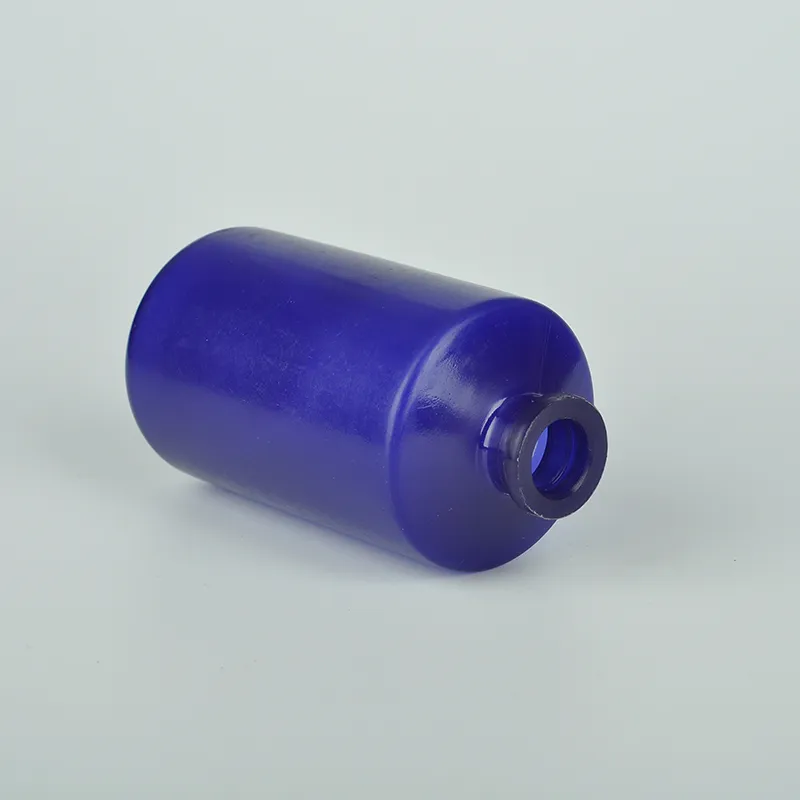https://www.wahmg.com/)">
Understanding the Role and Importance of Consumable Items in Scientific Laboratories and Research
Understanding the Role and Importance of Consumable Items in Scientific Laboratories and Research
The Importance of Consumable Items in Science Laboratories
In any science laboratory, consumable items play a crucial role in facilitating experiments, allowing researchers and students to conduct their work effectively. Consumable items are materials that are used up during experiments and need to be replaced regularly. These include items such as chemicals, reagents, glassware, pipettes, sterilization materials, and biological samples. Understanding their significance not only helps in the smooth operation of a laboratory but also enhances the quality and reliability of scientific findings.
The Importance of Consumable Items in Science Laboratories
Another important aspect of consumable items is their role in ensuring safety and accuracy in laboratories. Many consumables are specially designed to minimize risks associated with handling hazardous materials. For example, gloves, masks, and safety goggles are crucial for protecting lab personnel from potentially harmful chemicals or biological agents. Furthermore, consumable items such as sterile pipettes and petri dishes are essential in microbiology to prevent contamination of samples. Employing these items not only adheres to safety regulations but also enhances the integrity of experimental results.
consumable items in science lab

Moreover, the use of consumable items facilitates the process of documentation and validation in scientific research. In many experiments, specific consumables are often labeled with batch numbers, expiration dates, and chemical compositions. This information is essential for reproducibility, allowing other researchers to repeat experiments with the same materials for validation purposes. The tracking of these items also informs researchers about the quality and condition of the materials they are using, which is vital for deriving accurate conclusions.
In educational settings, consumable items are equally important. Science education relies heavily on hands-on experimentation to foster understanding of scientific principles. Schools and universities incorporate consumables into their curricula to provide students with practical experience. By working with real chemicals and equipment, students gain valuable skills that prepare them for future scientific endeavors. This hands-on experience is crucial for promoting inquiry-based learning, which is fundamental in developing critical thinking and problem-solving abilities among students.
However, managing consumable items effectively presents challenges. Laboratories must implement efficient inventory management systems to track usage rates and ensure timely ordering. This involves staying aware of trends in experiment demands, as well as seasonal fluctuations in supply availability. Additionally, sustainability has emerged as a pressing concern in lab management. The waste generated from consumable items can be significant, prompting laboratories to adopt more environmentally friendly practices, such as recycling or choosing biodegradable alternatives when possible.
In conclusion, consumable items are indispensable in science laboratories, playing significant roles in experimentation, safety, documentation, and education. Their proper management is critical for ensuring the smooth operation of laboratory functions. As science continues to advance, laboratories must adapt to the challenges associated with consumables while maintaining a commitment to safety and sustainability. Whether in academic settings or research institutions, the significance of consumable items cannot be overstated, as they are fundamental to the process of scientific discovery.
-
Wholesale Plastic Juice Bottles with Caps 16 oz Options Available Bulk Packaging SolutionsNewsJun.10,2025
-
Laboratory Apparatus Reagent Bottle – Durable & Chemical Resistant Bottles for Safe StorageNewsJun.10,2025
-
Squeezable Dropper Bottles Durable, Leak-Proof & CustomizableNewsMay.30,2025
-
Affordable Plastic Petri Plates Sterile & Disposable Lab-GradeNewsMay.30,2025
-
Eye Dropper Caps Precision 24/410 & Plastic Bottle-Compatible TipsNewsMay.30,2025
-
Affordable Mini Spray Bottle Price & Wholesale Deals Shop NowNewsMay.29,2025





















